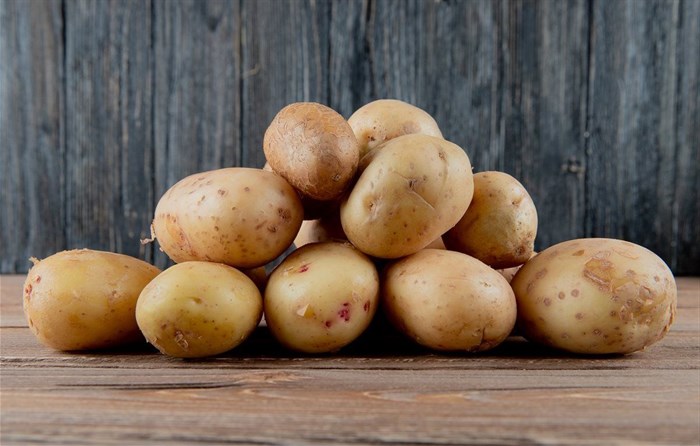
Related
Top stories




EntrepreneurshipAfrica’s Business Heroes opens 2026 applications with $1.5m in grant funding
47 minutes


More news



ESG & Sustainability
Redisa calls on govt to fix South Africa’s “broken” waste management system



























Potatoes are the most common staple food consumed by most people in South Africa to prepare various meals.
The sector employs an average of 55,000 people. The country’s leading producing regions of potatoes are Limpopo, Free State, Western Cape, Mpumalanga, Kwa-Zulu Natal and Eastern Cape.
According to the Head of the WCDoA, Dr Mogale Sebopetsa, "the MOU undertakes to build capacity, facilitate access to markets, and offer skills development programmes to enable mentorship to land reform beneficiaries within the potato sector."
Willie Jacobs, CEO of Potato SA, welcomed the signing and commitments as a significant step forward for the industry. He further highlighted that the potato industry significantly contributes to South Africa’s fresh produce turnover.
Jacobs continues: "The potato industry is estimated to contribute at least R6.6bn to South Africa’s economy and contributes 30-50% of the fresh produce turnover in the country."
Commenting on the agreement’s significance, Western Cape Minister of Agriculture, Dr Ivan Meyer, says that WCDoA’s Commodity Approach was central to the MOU between the department and the potato industry.
Meyer: "The WCDoA’s commodity approach is a strategy for farmer support across the agricultural value chains. This partnership with commodity organisations such as Potato SA strengthens the help rendered to land reform farmers."
"Successful land reform happens when farmers can access natural resources, skills, mentorship, technology, and markets and make money," concludes Meyer.